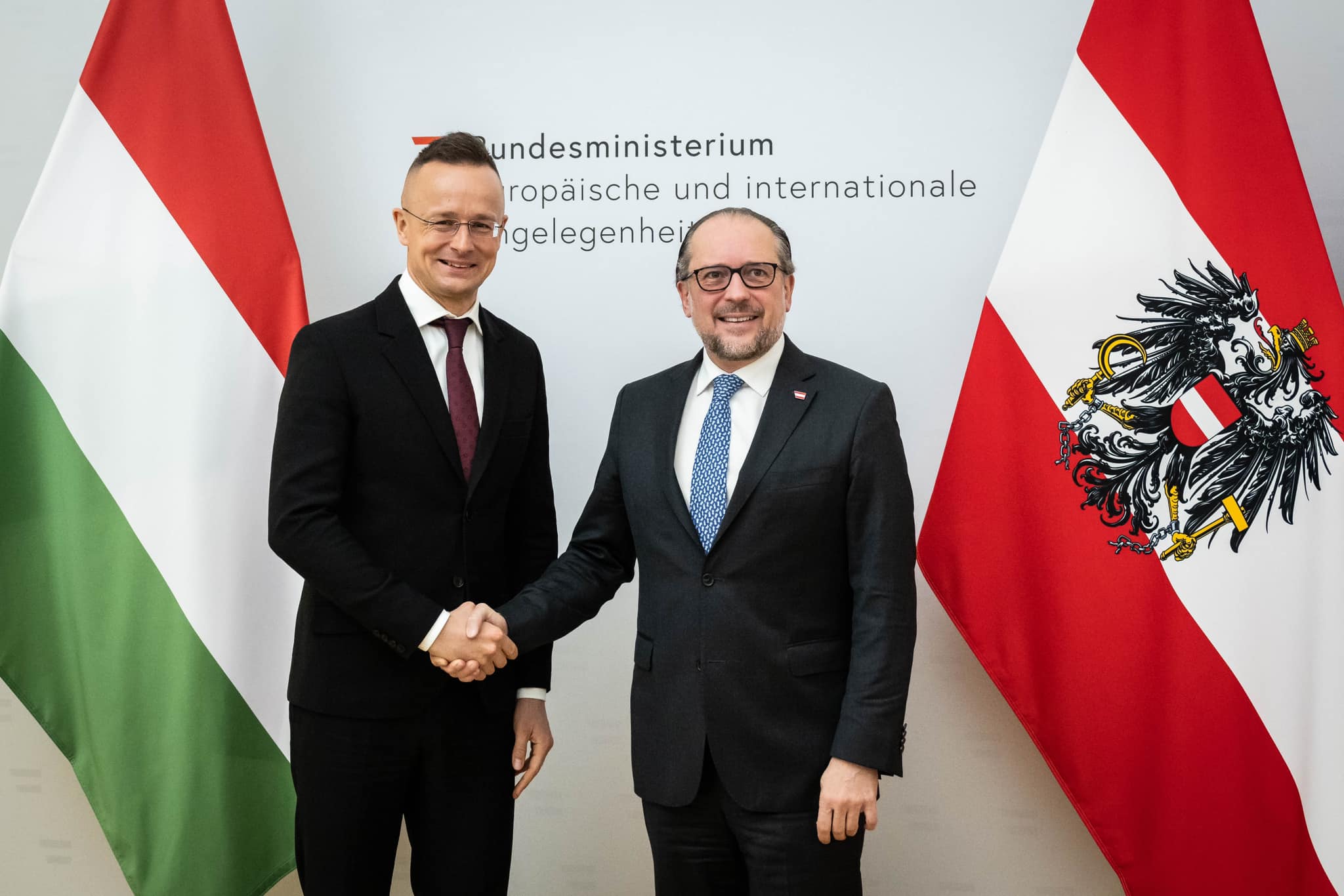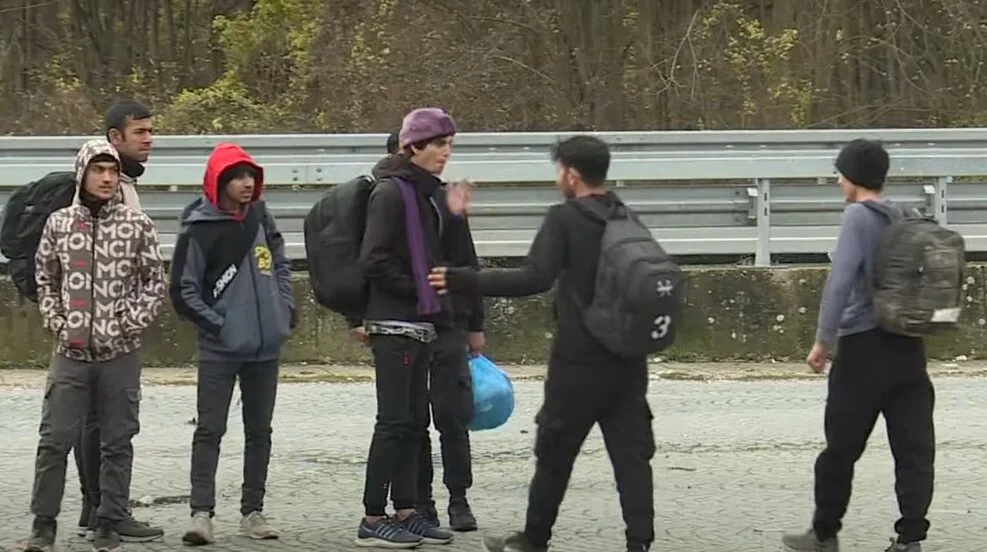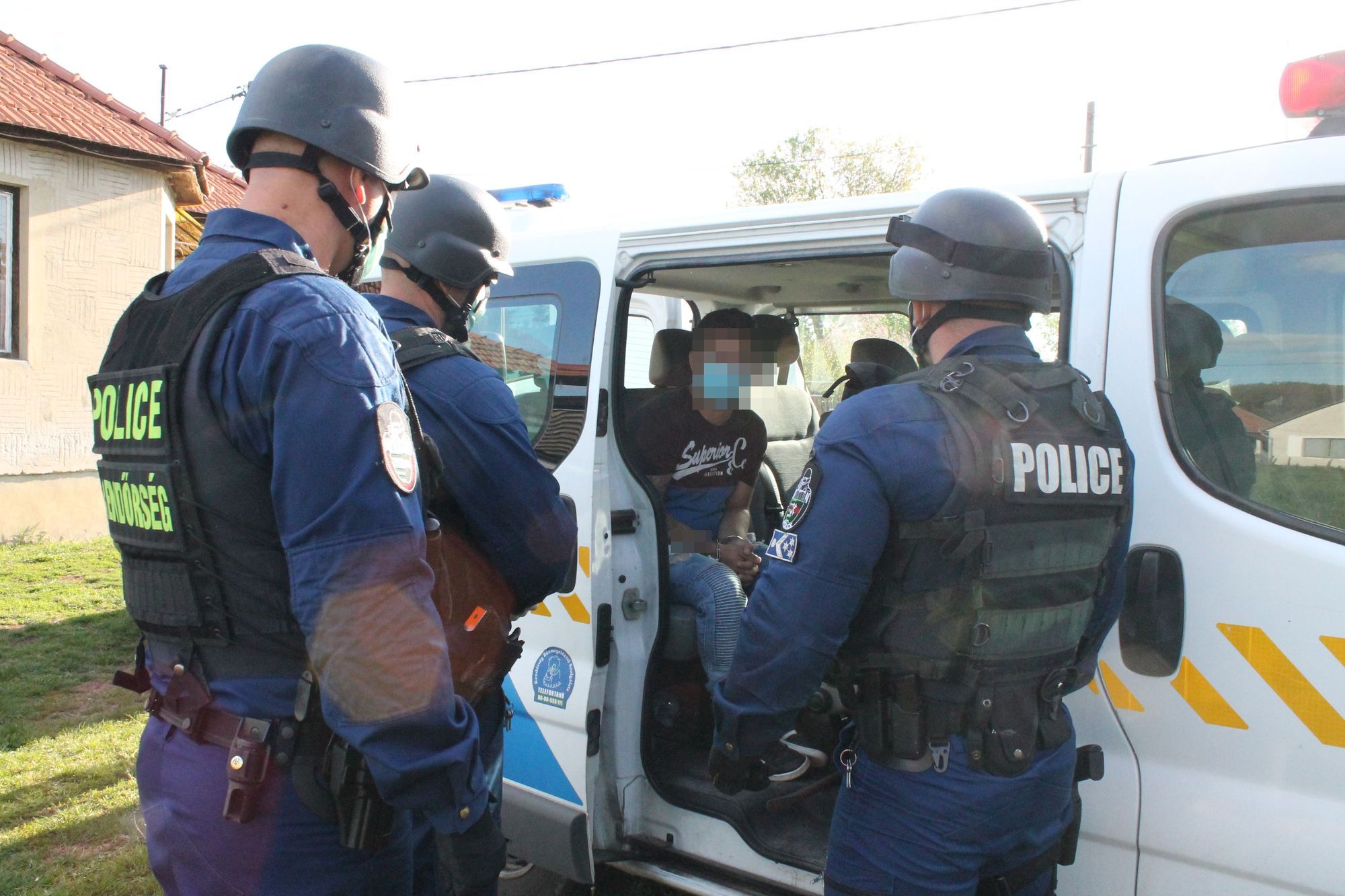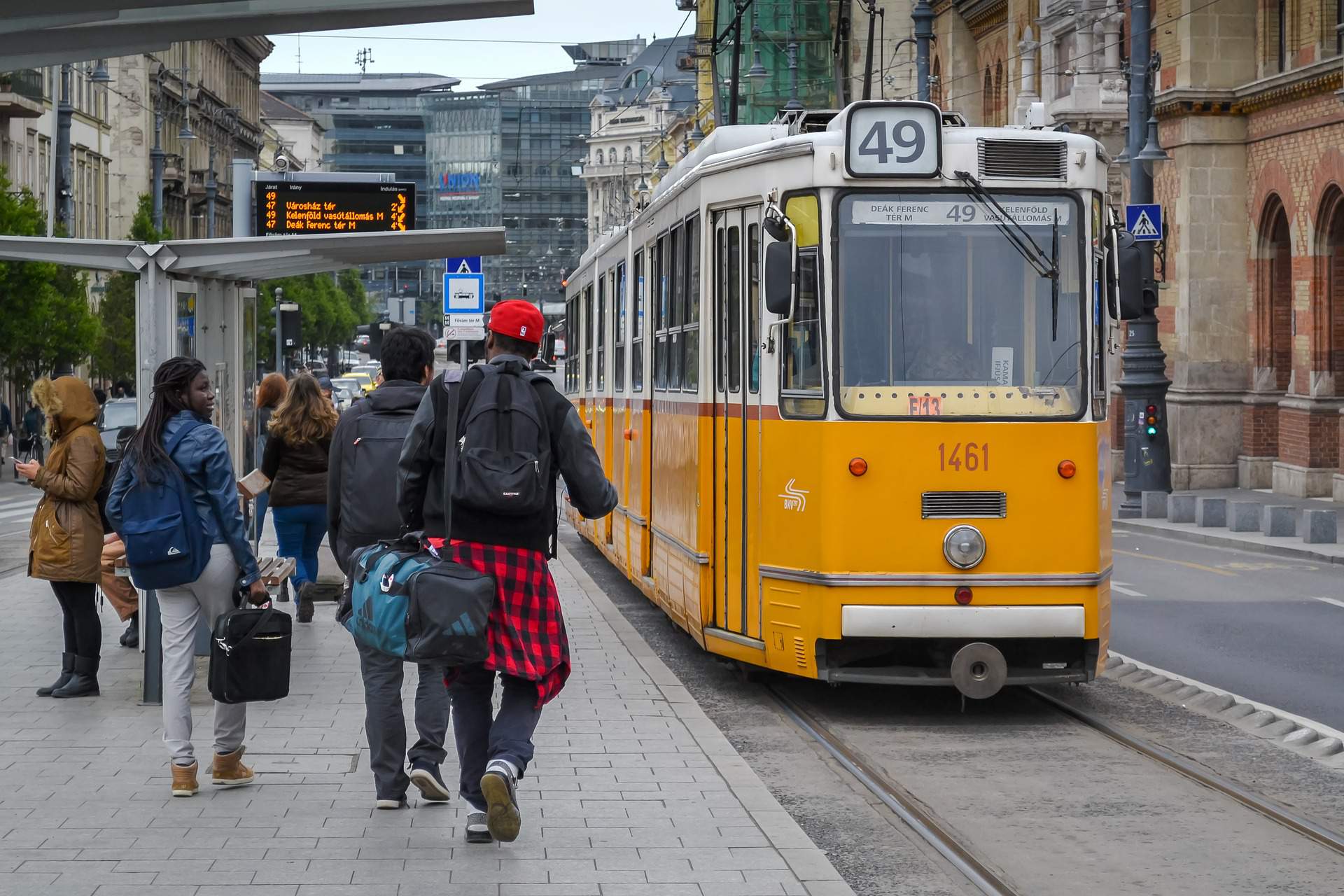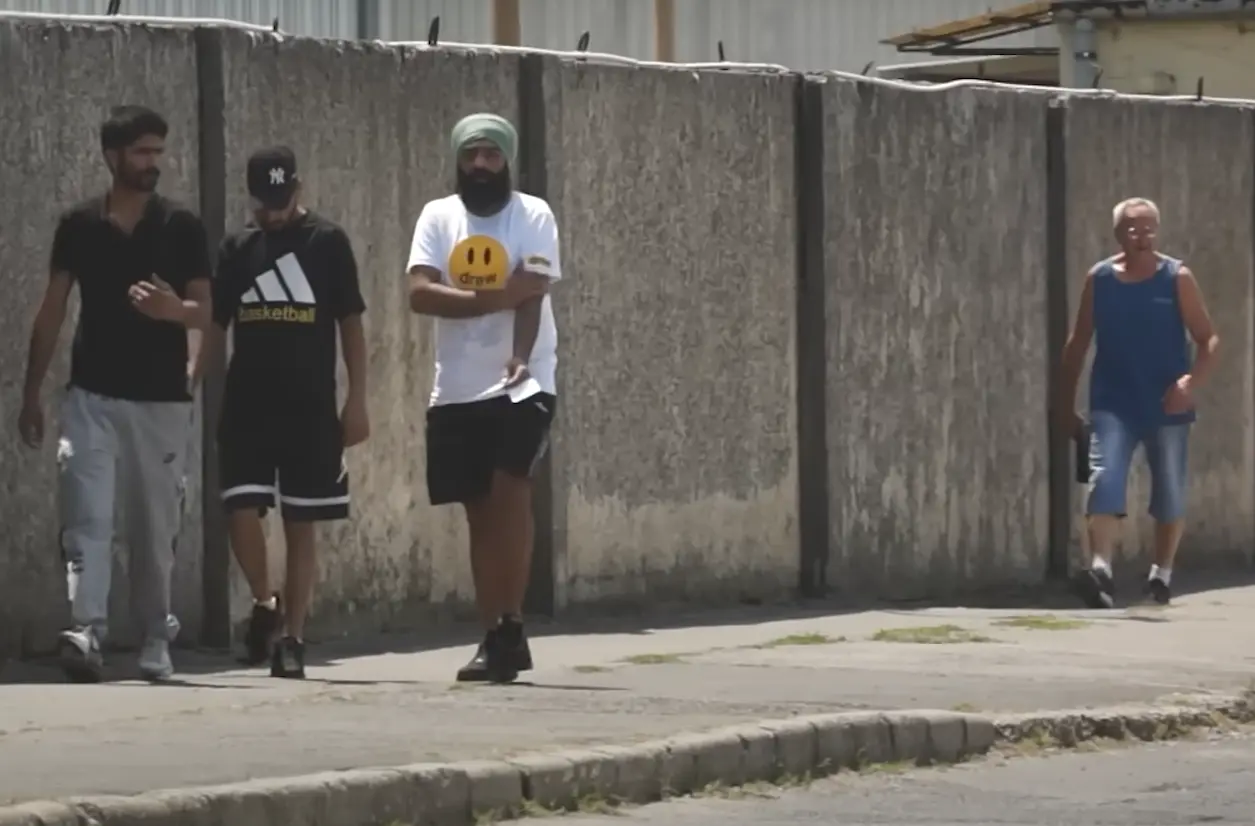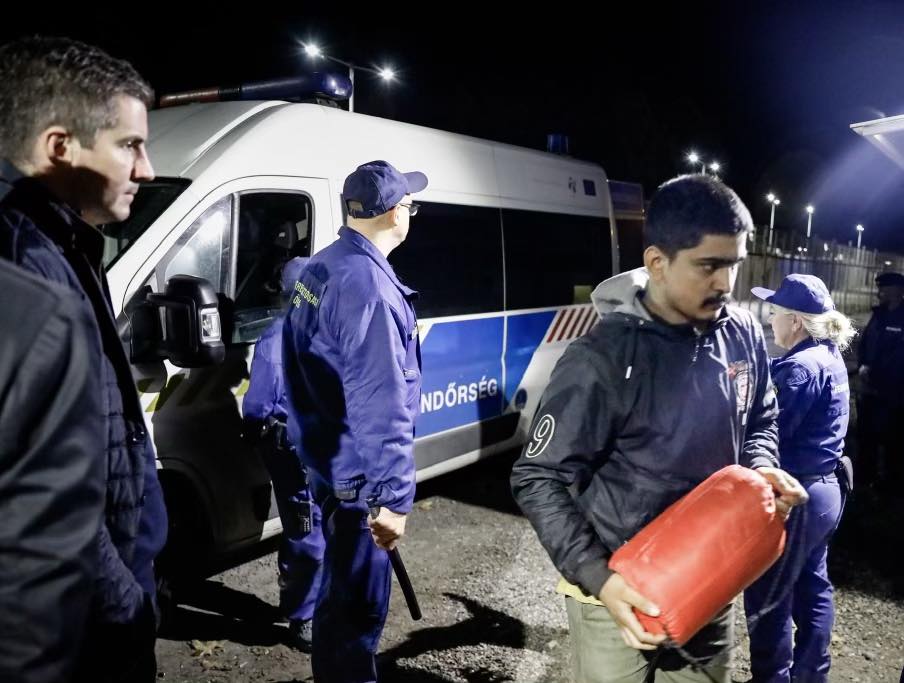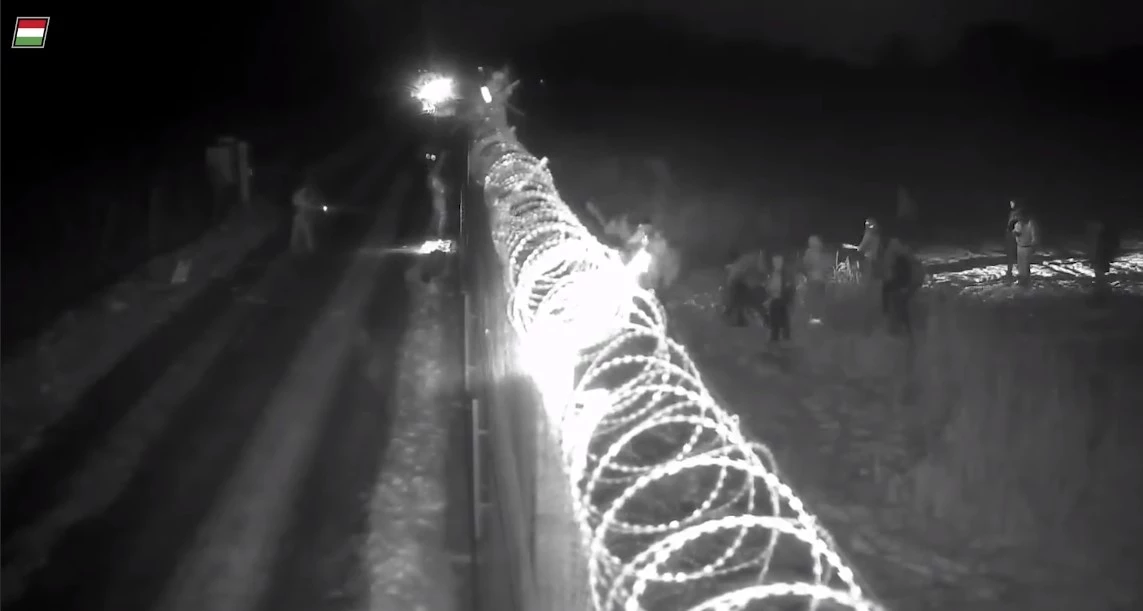Illegal migration: police launch special checks at train stations, on trains, deploy dogs

From 7 a.m. on Tuesday morning, police will launch an increased check as part of the “Active Shield Rail Action Day” coordinated by RAILPOL (European Association of Railway Police), which will last for 24 hours, until 7 a.m. on Wednesday.
The Hungarian police said in the statement, that the European Union (EU) is placing particular emphasis on maintaining and enhancing the security of rail transport and freight transport. The action, coordinated by RAILPOL, is aimed primarily at taking effective action against illegal migration and related illegal activities. The police place particular emphasis on the prevention of rail-related offences and offences against passengers.
During the 24-hour operation, uniformed officers, including service dogs, will check domestic and international passenger trains, passengers’ luggage and luggage lockers at stations.
As we wrote before, motorists, as is customary, encounter various European traffic checks annually lasting a week – these are the upcoming 2024 ROADPOL actions, details HERE.
Also, we wrote earlier, controversial decision was made, over 2000 foreign traffickers were released from Hungarian prisons in 2023, details HERE.




